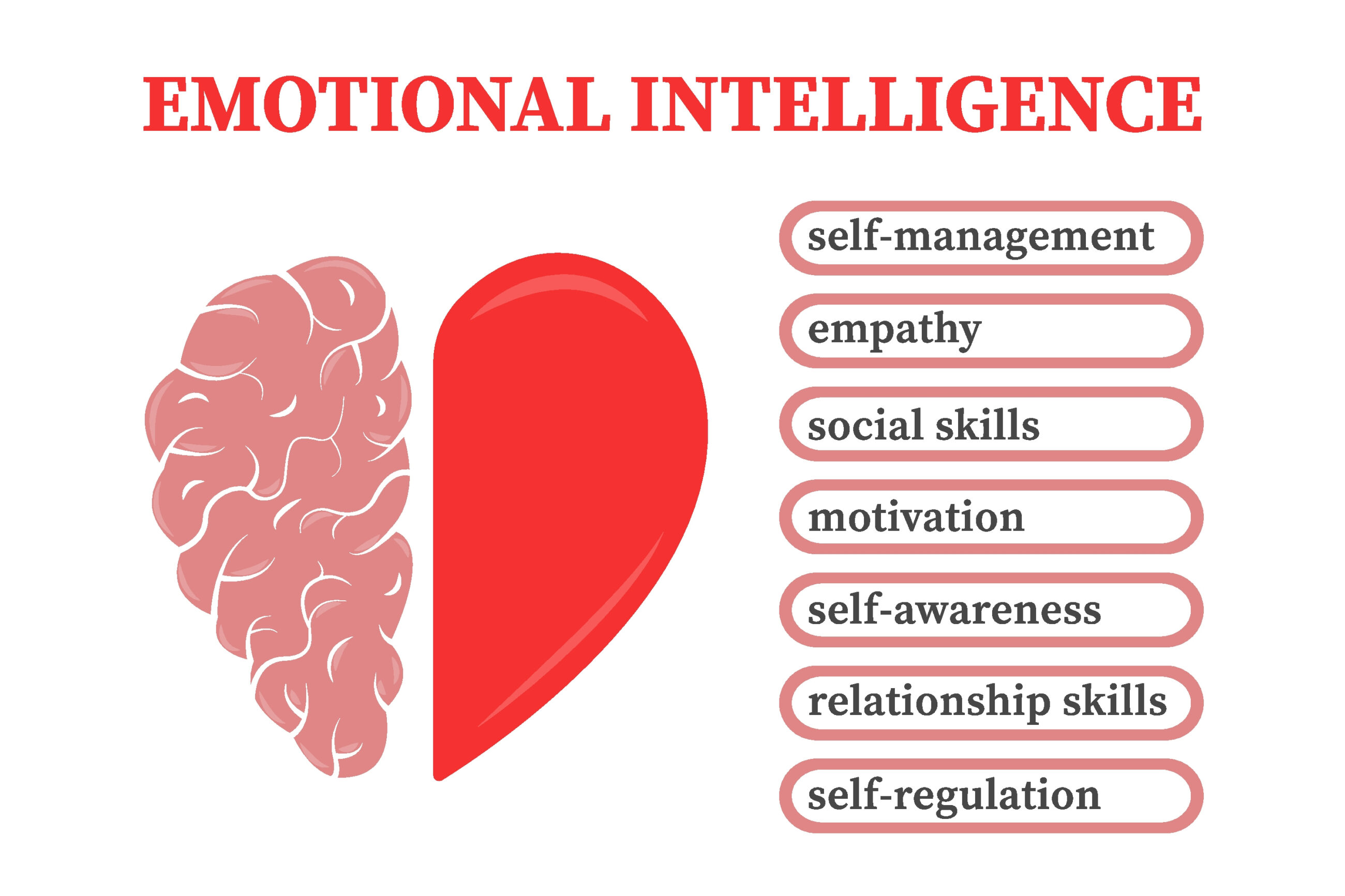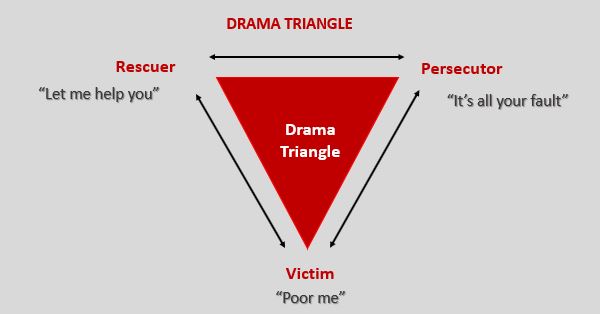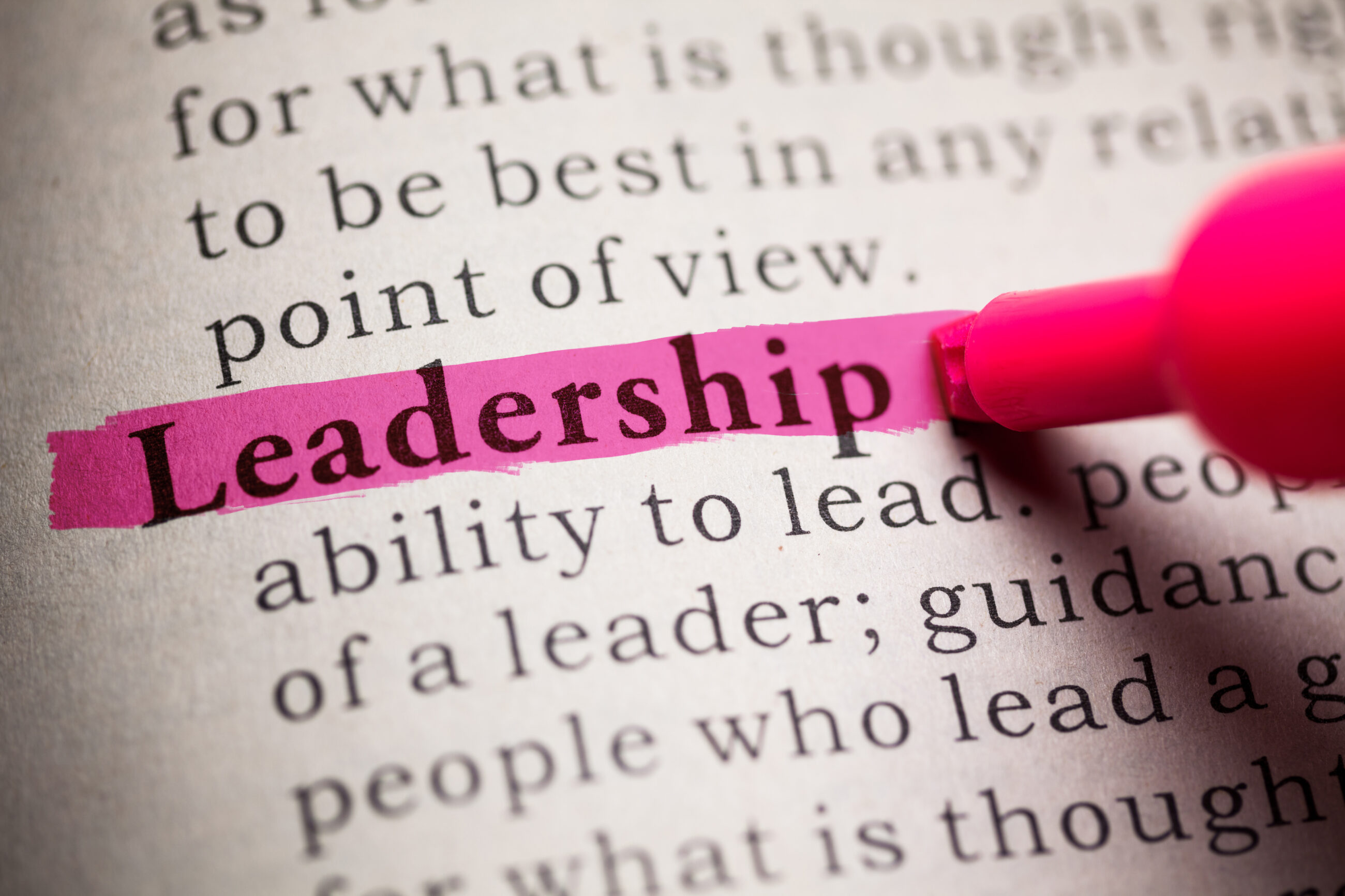When chaos strikes, the brain’s instinct is to protect, not to reflect. Stress hormones surge, the amygdala fires, and logic shuts down. But what if, instead of reacting from fear, you could respond from awareness? That shift—simple but powerful—is what separates survival from self-leadership.
Below are two proven practices to help you regain control over your energy, mind, and choices.
1. Create Inner Safety: Pause and Ground Yourself: When everything outside feels unstable, your nervous system is begging for a signal of safety. Inner safety doesn’t come from circumstances—it comes from connection with yourself. Try this practice:
-
Place one hand over your heart and the other on your belly.
-
Inhale for 4 seconds, hold for 4, and exhale slowly for 6.
-
Say quietly: “I am safe in this breath.”
This 30-second ritual activates your vagus nerve, calming your stress response and re-engaging your prefrontal cortex, the part of your brain responsible for decision-making and empathy (Porges, Polyvagal Theory, 2011).
Every time you do this—before a meeting, an email, or a difficult conversation—you’re teaching your body: I can meet life from presence, not panic.
Benefit: More clarity, less reactivity, better regulation.
Result: You stop leaking energy into worry and start leading from calm authority.
2. Reclaim Your Power: Replace “Why Me?” with “What Now?”
Victimhood says, “Life is happening to me.”
Agency says, “Life is happening through me.”
The first keeps you trapped in reaction; the second invites you back to creation.
Ask yourself:
“What part of this moment is mine to manage?”
Even if the only answer is your breath, your tone, or your next choice—that’s enough.
According to research on learned helplessness (Seligman, 1975), small, intentional actions reverse the mental state of powerlessness and rebuild self-efficacy.
Start with one micro-choice at a time:
-
Take a walk before replying to that stressful message.
-
Speak truth instead of staying silent.
-
Choose compassion over control.
Benefit: Each act of responsibility strengthens neural pathways for confidence and hope.
Result: You stop being carried by life’s storms and start steering through them with purpose.
Responsibility is not a burden—it’s a return to freedom.
Every time you pause, breathe, and act with intention, you reclaim your place as the author of your own story.









